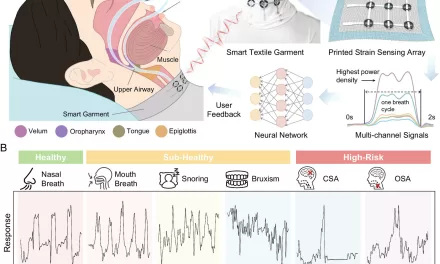
New evidence suggests that the use of sodium glucose cotransporter-2 (SGLT2) inhibitors is linked to a reduced risk of gastrointestinal (GI) cancers in individuals with type 2 diabetes, as compared to dipeptidyl peptidase IV (DPP4) inhibitors.
Dr. Shu-Yen Emily Chan, a gastroenterologist at Weiss Memorial Hospital in Chicago, highlighted that SGLT2 inhibitors, such as canagliflozin, dapagliflozin, and empagliflozin, or a GLP-1, could be considered as first-line therapy, especially for individuals with type 2 diabetes who are at an elevated risk of GI cancers. This recommendation is based on their superiority over DPP4 inhibitors in reducing the risk of colorectal, hepatic, esophageal, and various other GI cancers, except for pancreatic cancer.
While previous research primarily focused on the cardiovascular and renal benefits of SGLT2 inhibitors, there has been limited exploration into their potential impact on GI cancer risk, Dr. Chan emphasized. The study, conducted using the TriNetX database from 92 hospitals across the United States, involved over 700,000 adults diagnosed with type 2 diabetes.
Key Findings:
- SGLT2 inhibitor recipients exhibited a 15% decrease in the overall risk of developing any GI cancer compared to those receiving DPP4 inhibitors.
- Colon cancer was the most common malignancy, with a lower incidence among SGLT2 inhibitor users compared to DPP4 inhibitor users.
- SGLT2 inhibitors demonstrated a 16% reduction in the risk of gastric cancer, a 13% decrease in risk of liver and intrahepatic bile duct cancer, and a 22% decrease in colon cancer risk when compared to DPP4 medications. However, pancreatic cancer risk was slightly higher in the SGLT2 inhibitor group.
Dr. Chan emphasized that more studies and official guidelines are needed before these findings can influence current medical practice. The study’s strengths include its extensive, national database and rigorous propensity score matching, while limitations include potential residual confounding and a lack of family cancer history data.
Dr. Kenneth J. Vega, co-moderator of the session, hailed the study as “eye-opening” and theorized that better control of inflammation through diabetes management could potentially lead to a reduction in cancer risk. He also stressed the importance of conducting more long-term studies in this area. The study received independent support, and both Dr. Chan and Dr. Vega reported no relevant financial relationships.
Source: American College of Gastroenterology (ACG) 2023 Annual Scientific Meeting: Abstract 51. Presented October 24, 2023.












